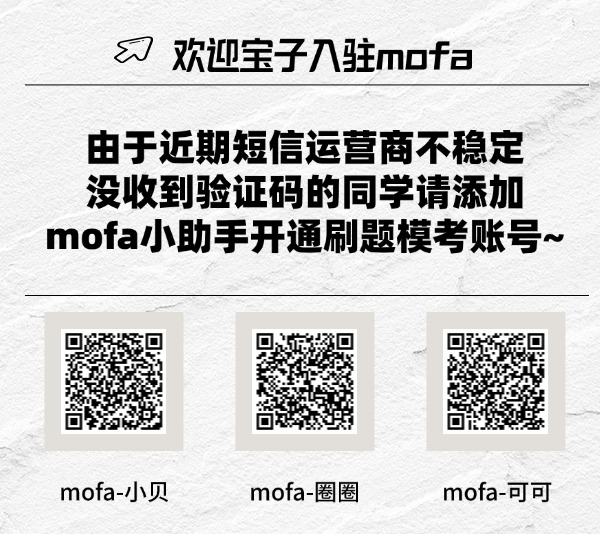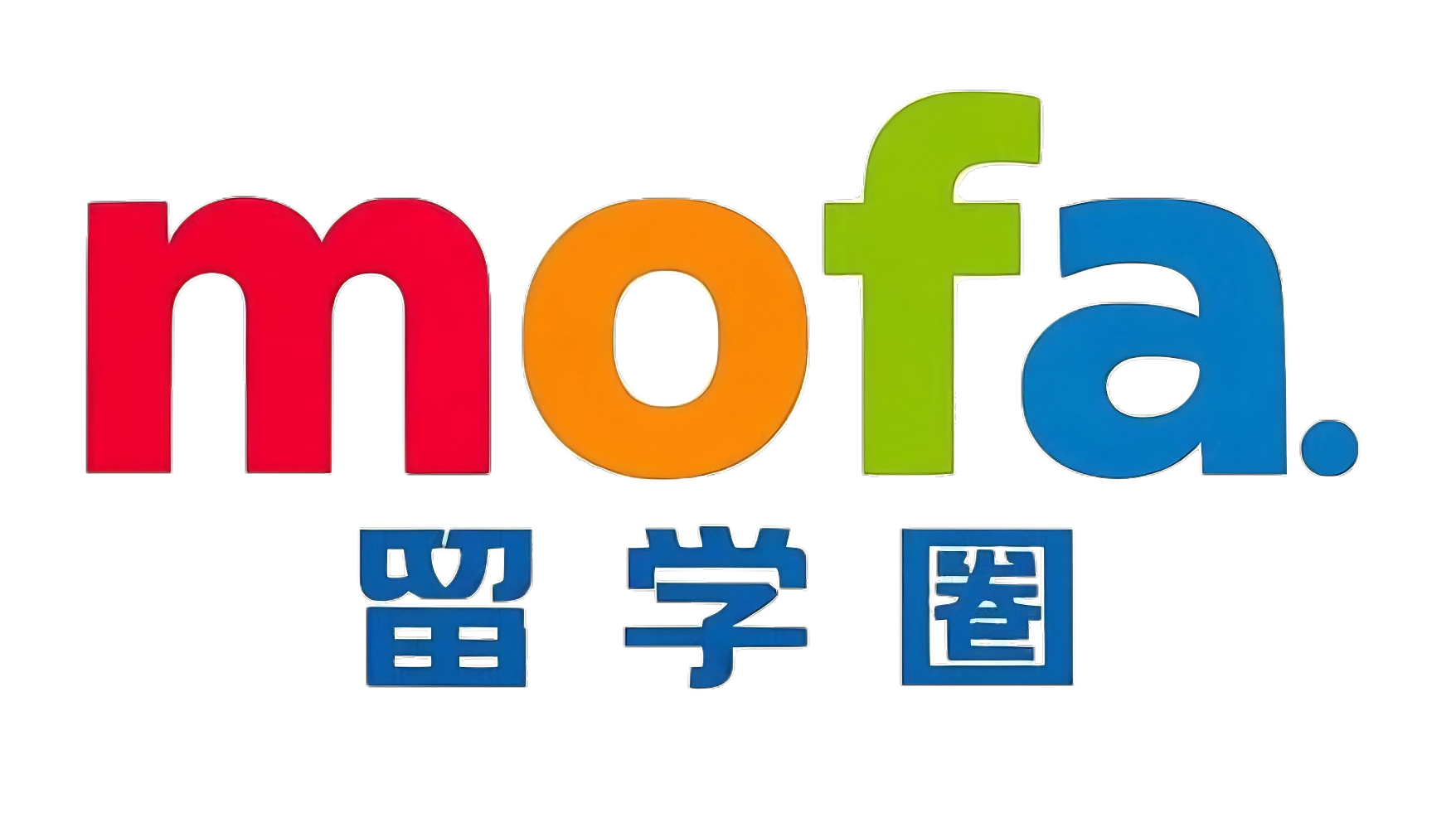A bill before Parliament would require all of government to use only open-source software, i.e., software that is nonproprietary, based on code the user is allowed to redistribute and alter in any way. The bill appears to assume that open-source software is free. However, research has shown that the purchase cost of open source software is about 8% of the total cost associated with the use of the software, and that the cost of utilization—the sum of all non-purchase costs including installation, maintenance, administration, and downtime—is much higher than it is in the case of proprietary software.The bill would require government to undergo an intensive program of software migration, at considerable immediate cost and risk. And because multiple versions of open-source software exist, the bill’s measures are likely to increase compatibility problems between the information-technology systems of government agencies, as well as between government systems and private-sector systems.
We are aware that open-source software is not always offered free of charge. And although savings are indeed mentioned in the bill, its primary aim is to protect citizens’ free access to information. Because the bill requires that encoding of data not be tied to a single software provider, it is able to guarantee this free access.The bill would indeed require government to begin an intensive process of software migration that would not otherwise be undertaken. However, the high cost of software migration in general is an argument in favor of the bill. The longer a particular information technology system is used, the more expensive migration to a different system becomes. Because open-source software allows the encoding of data in standard and adaptable formats, software migration becomes much easier and less expensive once open-source software is installed. And of course, migration from proprietary to open-source software would entail no greater cost than would migration between two different proprietary software systems.
 mofa留学圈
mofa留学圈





 做题笔记
做题笔记
 暂无做题笔记
暂无做题笔记 提交我的解析
提交我的解析


